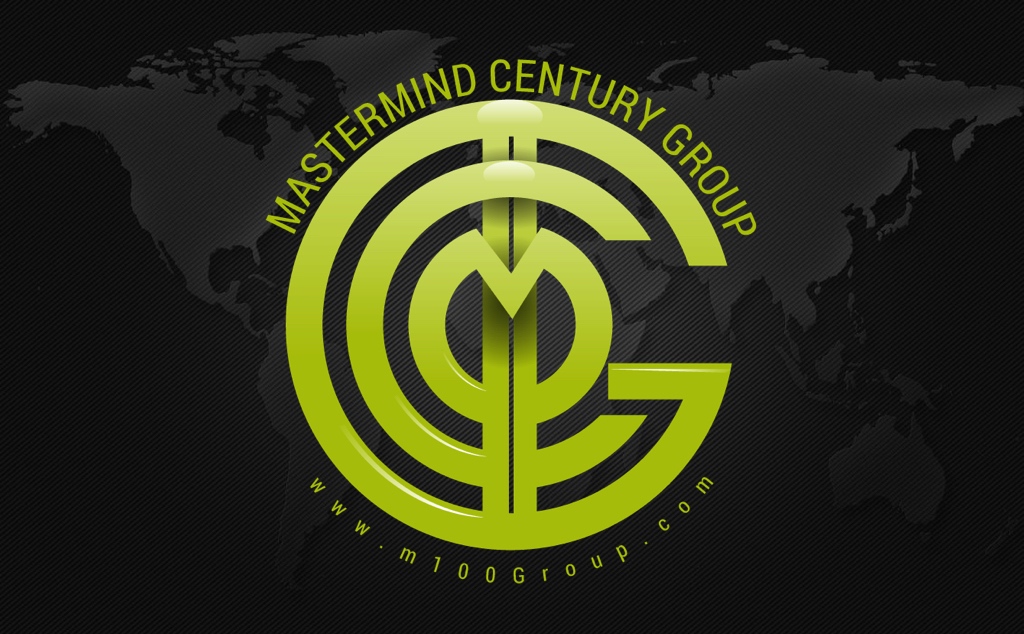inc.com / view original
DeM Banter: And… imagine if we then rewarded these personalities for what we all know they could bring to the fight? So cool… We need the personalities… not the clones.
 It’s natural to hire like-minded people. But by doing so, you might be missing crucial ingredients for your company’s success.
It’s natural to hire like-minded people. But by doing so, you might be missing crucial ingredients for your company’s success.
Typically, leaders think to build teams based on job title: CTO, CMO, VP of Engineering, Director of Sales.
While functional leadership roles must certainly be filled, slotting talented people into an org chart will never unlock your company’s fullest potential.
By thinking of your team only in terms of roles, you risk building a group with homogeneous cultural attributes. This is an easy trap to fall into, as we tend to hire like-minded people, often in our own image. But by doing so, we miss crucial ingredients for success by passing over candidates who just might be the difference makers.
Rather than only looking at educational background and functional experience, make sure your organization has each of these personality types:
The Visionary
While the rest of the company is heads down on the challenges of the day, someone needs to be heads up, willing to dream wildly and think ahead. When your organization has a senior leader who focuses on what’s possible and breathes reinvention, you have a chance to reach those stellar, dreamed-about heights. Without this foresight, you run the disastrous risk of sliding into bureaucratic mediocrity. Growth won’t happen by protecting old ideas. You must employ a champion to push the organization forward into uncharted waters.
The Executor
As a venture capitalist, I regularly see start-ups sputter because they’re so focused on vision that they don’t take the unsexy, detail-oriented work seriously. If your team is all grandeur and no precision, you’ll end up lagging behind instead of accelerating ahead. It is rare to find a founder who is world-class at both vision and execution, so make sure there is balance to your team. Countless great visions crashed and burned because there was no one owning the role of disciplined follow-through until completion.
The Customer Advocate
Someone has to live and breathe for your customers. A deep, empathetic understanding of your customers’ wants and needs can make the difference between realizing enormous success and fizzling out. Many companies start with a brilliant insight on how to better serve customer needs, but then make the shift to an internal focus as they grow. A key leader who never loses touch with the market satisfaction is as important as keeping the lights on.
The Street Fighter
Academic, manicured approaches rarely work in fast-growing companies. Irrespective of job title, someone needs to be the voice of grit and determination. The courage and commitment to do whatever it takes to achieve cannot be understated. In the words of Alexander the Great, “I am not afraid of an army of lions led by a sheep; I am afraid of an army of sheep led by a lion.”
The Promoter
The average customer sees more than 3,000 brand messages a day, so someone on your leadership team needs to be in the zone while pounding on the table and demanding attention. Unless a team member is foaming at the mouth to shout your story from the mountaintops, you’ll be lost in the nonstop noise. Think of the magic that Steve Jobs, Oprah, and Donald Trump have unleashed to make ignoring them simply impossible.
In the same way that a football team loses if it has all running backs and no defensive tackles, your organization is at risk if it’s missing key personality attributes. It is possible that some individuals may possess multiple traits; just make sure each characteristic is represented with strength around the leadership table.
It’s time to think of your org chart by leadership traits instead of functional roles. Get this right, and you’ll be unstoppable.


Not only do organizations need to beware cloning, but they need to beware expecting new hire executives to command all 5 personality traits. No one scores a 10 out of 10 on all 5, but too often I have had discussions with hiring managers who believed that the mythical “sheep with 5 legs” could be found. This kind of mentality sets up everyone involved for a disappointment.
The best leaders, and hiring managers, come to know and then focus on each individual’s strengths. Hiring for strengths is a specific interview technique and process which brings big dividends when properly executed. Leaders can then more easily, and confidently, build and develop their teams based on strengths / talents / personalities ensuring that it is well balanced and any gaps are covered. While strengths based hiring is not so new, I wonder how many organizations actually systematically execute it in a professional manner across the entire enterprise and at all levels. It takes a lion, of which there are too few, to instill that kind of mindset and discipline in an organization.
Gallup’s Strengths Finder is a good place to start if you want to know more about the strengths based approach to hiring and development.
Sheep with 5 legs…. love it! We spent some time at Mildenhall looking at this through some leadership testing… highly effective and educational. We are pondering the same now here in ROTC… different environment, different ecosystem…but we need to figure this out on a macro scale now. I will look into the Gallup Finder for sure…thanks for the tip Roger.
Part of the challenge with the strengths based approach is that once the manager/supervisor has had the opportunity to identify a team member’s strengths, s/he must then be willing and able to reshape the job to best leverage those strengths so that the team member can deliver top results. Trying this out the first time is difficult because once one member’s job is reshaped at least another’s will probably have to be reshaped in order to leverage his/her strengths to cover something that was initially within the job of the other but no longer covered.
Another part of the challenge is not focusing time and energy on weaker traits. Since elementary school everything has been geared to address so called “deficiencies” or “weaknesses” rather than developing one’s observed talents and strengths. It’s a tough cycle to break, but on the positive side, once you start – having personally, mentally committed to developing strengths – it’s impossible to go back.
Roger: agree in the difficulty, but the rewards are high…Jim Collins has a great bit on focusing on strengths not on weakness and how that can be a bit counter-intuitive
Bill, what, if anything, is being used in the AFROTC program to assess personality / character – Myers Briggs, Belbin, …?
Working it! We use nothing right now…perhaps we should talk on options. Must looking to open the door on a program now, big picture and still need to fill in details. Maybe I should shoot you a separate email for advice
Send me that email, Bill. Will share with you all I can.
Jstfly21@mac.com
solid!